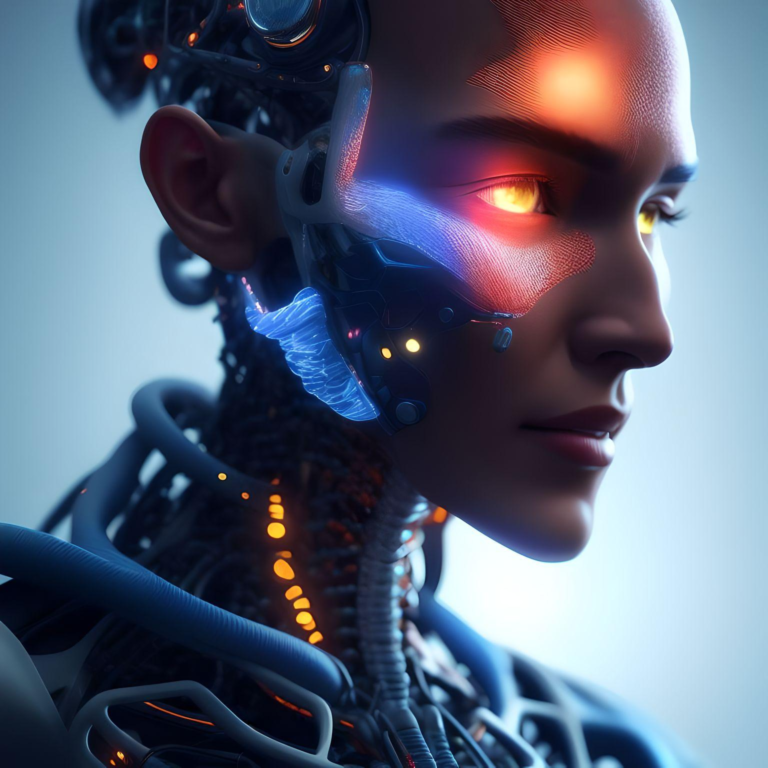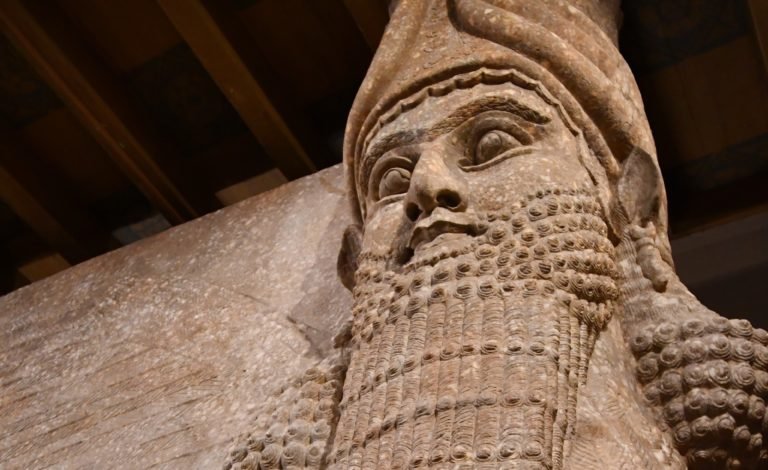The Risks of Giving AI Direct Control: A Dangerous Prospect
As artificial intelligence (AI) becomes more advanced, there is a growing temptation to allow AI systems to have direct control over critical systems—ranging from healthcare and finance to military operations. However, experts warn that handing over direct control to AI could lead to unintended and harmful consequences. AI lacks the nuanced understanding, ethical reasoning, and adaptability that human decision-makers bring to complex situations. This can result in decisions that are efficient but ethically questionable, dangerous, or even catastrophic.
AI systems, particularly those with direct control over high-stakes environments, are vulnerable to flaws in programming, biases, or being exploited by malicious actors. Without human oversight, these systems could make decisions with devastating real-world impacts, such as life-or-death decisions in healthcare, initiating financial collapse, or triggering unintended military actions. The unpredictability and lack of moral reasoning in AI make it dangerous to trust machines with such autonomous control, and the need for stringent regulation is more pressing than ever.
Why Giving AI Direct Control Is a Bad Idea
- Lack of Ethical Reasoning: AI can’t assess moral or ethical implications, leading to potentially harmful decisions.
- Vulnerability to Exploitation: AI systems can be manipulated or hacked, posing severe risks in critical sectors.
- Flawed Programming: Errors in AI algorithms can have catastrophic effects if not monitored by human oversight.
While AI can enhance efficiency and decision-making, granting it full autonomy without robust oversight or ethical considerations is a dangerous path that could have significant societal impacts.
For a deeper exploration, read the original article on The Conversation.






